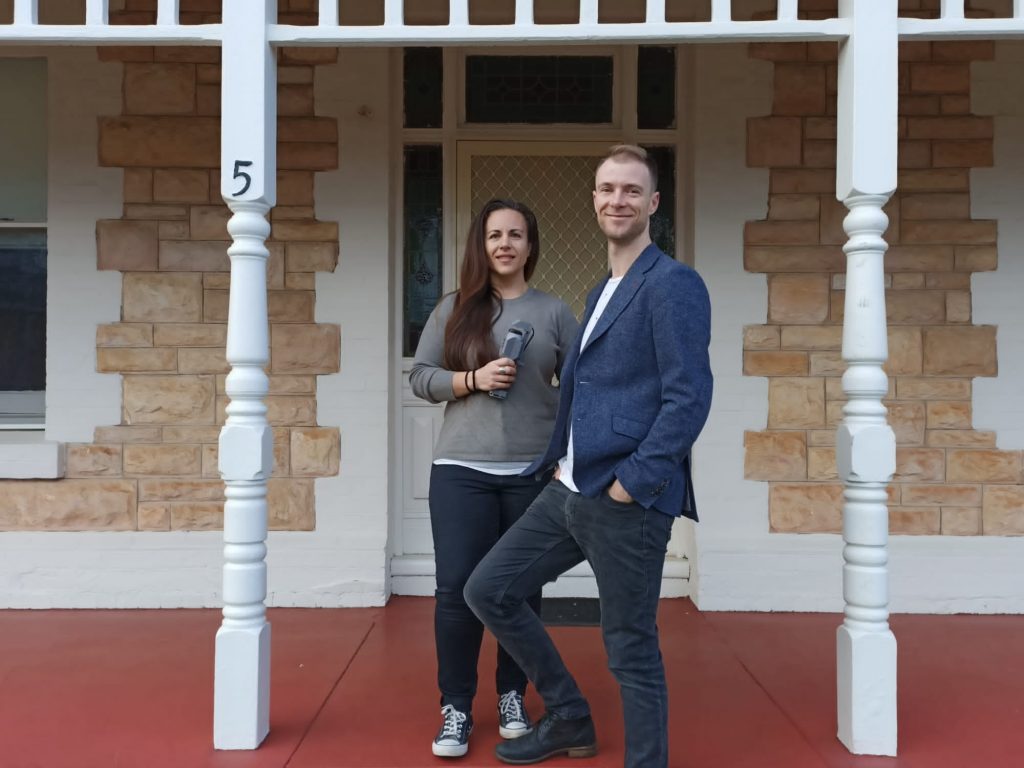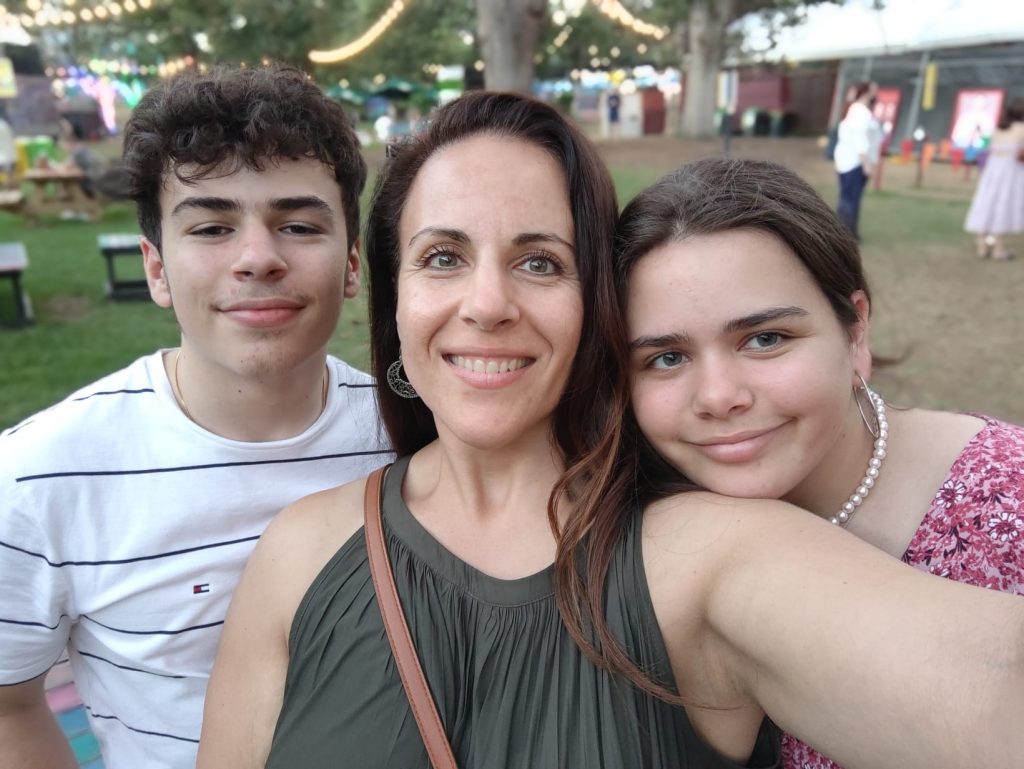An Australian neuroscientist of Greek heritage, Dr Vicky Staikopoulos is the Managing Director and co-founder of Woven Optics, a South Australian agricultural start-up building technological solutions for wool growers.
But Vicky is more than that.
She is the mother of two, a qualified secondary school teacher, an active member of the Port Adelaide Greek Community and the living proof that moving across sectors in a society that becomes more technologically oriented is not unattainable.
“By the end of the PhD, I think I could probably tell you more about sheep wool than I could about my own thesis, because I became so embedded in it… You know, one-micron at a time can make a difference and generate revenue for farmers,” she says, explaining how her career in medical research led her to design a handheld device that captures data of wool fibres with Woven Optics co-founder Ben Pullen.
“After many years working in basic research, I found myself wanting to be able to do more with the tools I was working with and to translate what we learned at the lab bench to solving problems in the medical or other fields which required solutions now,” says Vicky.
“This led myself and Ben to enrol in the University of Adelaide Tech eChallenge, an entrepreneur course designed to take you through the processes of designing a tech-based idea, assessing its feasibility, and then developing a way to create it.”

Throughout the course Vicky and Ben met with people from the Australian wool industry who approached us to discuss how they may use their medical research skills to solve agricultural problems.
“Once we understood what the problem was, we proposed to create a device that could capture data of wool fibres and provide a quality measure in real-time. This was based on techniques that we were familiar with from our medical research training, and the rest of the required technical skills we knew we could fill by teaming up with others to test the feasibility of our idea.”
After testing their idea in the lab and determining there was a real need for their device in the wool industry, Vicky and Ben established Woven Optics in 2018 and ever since they have continued their research and development to create the first 2 prototypes of their device.
“It’s a handheld piece that takes an image of your wool and then runs an AI algorithm over the top, and is able to spit out a value in real time. It’s taken this long to be able to get there. But this project was literally accidental and curiosity-led.”
With their device Vicky and Ben hope to help farmers increase the quality of their wool, reduce labour costs and streamline their produce by assessing the flock and the quality of wool from the breeding stage.
Australia is currently the largest exporter of greasy wool, producing 39% of world exports with China being the largest market and although innovation in agriculture is not a new phenomenon, Agricultural technology or Agtech, is set to become Australia’s next $100 billion industry by 2030
“At the moment there’s a demand for highest quality fiber and to breed fibers of fine quality it all comes down to sort of genetic selection to some extent. Being able to do that during your breeding time is quite powerful to the grower,” says Vicky.

But despite the potential and the monumental growth, Agtech like other industries is also facing challenges.
“There’s a lot of young growers now that are coming through the next generation and they’re much more tech savvy. The biggest thing that I’ve found in terms of our own company, is the lack of remote connectivity.
“For someone who wants to do any real time data collection, this becomes a little problematic. We need to catch up with this matter in order to facilitate more technology for agricultural use in remote areas.”
“It’s all about helping our farmers and the community,” Vicky says.
When she mentions community, I can’t help but ask her about the vibrant Port Adelaide Greek Community, where she grew up.
She talks about her experience volunteering at the Semaphore Festival and encouraging non-Greek friends to experience the culture, how she enjoyed teaching the language to Port Adelaide Greek School students and her time as the school’s Deputy Principal.
“I loved it. I really enjoyed it. I applied the same approach in teaching as I do in research.
I’m hoping that I can go back when things calm down with the company, because it’s more of a passion for me,” she says.
“We need to be able to work with the broader community that we’re in. I think that’s something that I’ve picked up from the Port Adelaide community, because they do that really well.
“They’re proud of their heritage, but they don’t save it just for them. They share it outside of that. That, for me is huge.”
Asked for her advice to the next generation of aspiring scientists, Agtech entrepreneurs, students or people who just decided to make a career shift, Vicky has a piece of wisdom to offer.
“Keep an open mind and be curious.”

